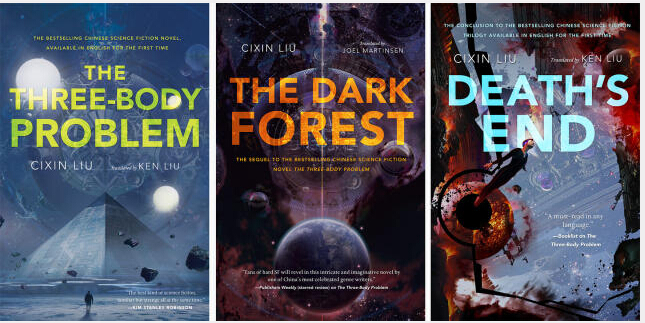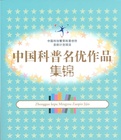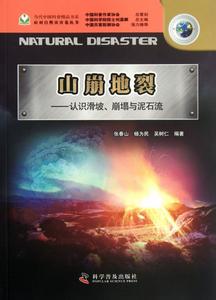From Utopia to Future Science and Technology: Chinese Science Fiction Literature on the Road
Xinhua agency Huang Shuo 2017-01-06 02:36
Is the supermundane island “Utopia” 500 years ago linked with the future outer space science and technology? This apparently incomprehensible problem has become part of the discussion by a huge number of well-known science fiction experts at home and abroad during the “utopia and science fiction literature” international symposium which released on 3rd of this month.
In 1516, English philosopher and writer Thomas Moore published a famous book utopia, which shown that supermundane island as the most ideal land. The symposium, hosted by the School of Chinese Language and Literature, Beijing Normal University and CSWA and organized by the Higher Institute of Humanities and Social Sciences, Chongqing University, was an academic discussion activity to commemorate the 500th anniversary of Utopia.
During the two-day symposium, scholars from the realms of utopia and science fiction met to discuss philosophical works, science fiction, films as well as novels, whereas the interrelations and revelations of Utopia and science fiction literature were the theme through the symposium.

“Utopia is an idea of mankind, while science fiction literature is a transformation in the age of science and technology. We want to see the extent to which these two can be combined,” said Wu Yan, director of the Science Fiction Creative Research Center, Beijing Normal University.
To Stan Stanley Robinson, a guest of the symposium as well as the famous American science fiction writer authoring the Mars trilogy, the combination of Utopia and science fiction literature was inevitable because they two were interlinked inherently.
Robinson said that utopia appeared in the era when the earth had not been fully explored and islands were often employed as the background for utopia in literature. However, with the development of science and technology, this setting is no longer realistic. Therefore, utopia begins to set mostly in the distant future in the subsequent literature.
“In this way, utopian literature becomes science fiction literature-we can even say that utopian literature is in essence science fiction literature,” Robinson said.
“Utopia covers a wide range, while currently the theoretical research of science fiction literature in China is relatively weak. Furthermore, we hope that scholars from utopia field and the science fiction field can learn from each other,” thought Guo Changbao, Dean of the School of Chinese Language and Literature, Beijing Normal University, “the exchanges of these two fields can also help promote research on China’s current science fiction literature.”
During the symposium, Chinese literature became one of the important topics, among which Liu Cixin’s work, The Three-Body Problem, was the most prominent.

In 2015, Liu Cixin became the first Asian writer to win the Hugo Award for his The Three-Body Problem. Wu Yan said that there had been a lot of academic discussions on science fiction literature in the past two years, behind which were China’s rapid development of science fiction literature and the gradual increase in China’s status in recent years.
The rapid development of science fiction literature in China, Robinson believed, was closely related to the foundation of China’s economic, technological and cultural development in reality: “The Chinese have realized that they are participating in the creation of the history of the world.”
He added that with the Chinese people’s interest in the future and science and technology, there would be an increasing number of science fiction works in China.
“This is the best time for science fiction in China.” To Wu Yan, Chinese science fiction literature in the past five years has gradually become popular and global, and has shifted from spontaneous creation to government support.
As a representative of the field of science fiction research in China, Beijing Normal University has begun to increase engaged in science fiction literature research and practitioner training in recent years, including the establishment of the doctoral program for science fiction literature, and the opening of the science fiction writing course, etc.
Guo said that Chinese science fiction literature and its research was still in the initial stage and still had a long way to go in the future.
Xiao Han, a doctoral student who participated in organizing the symposium, was one of those in this field. He majored in Chinese as an undergraduate and a postgraduate successively, and because of his passion through science fiction literature since young, he pursues his Ph.D by studying in the science fiction literature major in Beijing Normal University and plans to engage in related fields in the future.
“I have witnessed the science fiction literature in China from unpopularity to popularity, and now this field is supported by national policies and there are many researchers and professionals in it. Therefore, I believe that it will usher in a bright future,” said Xiao.




